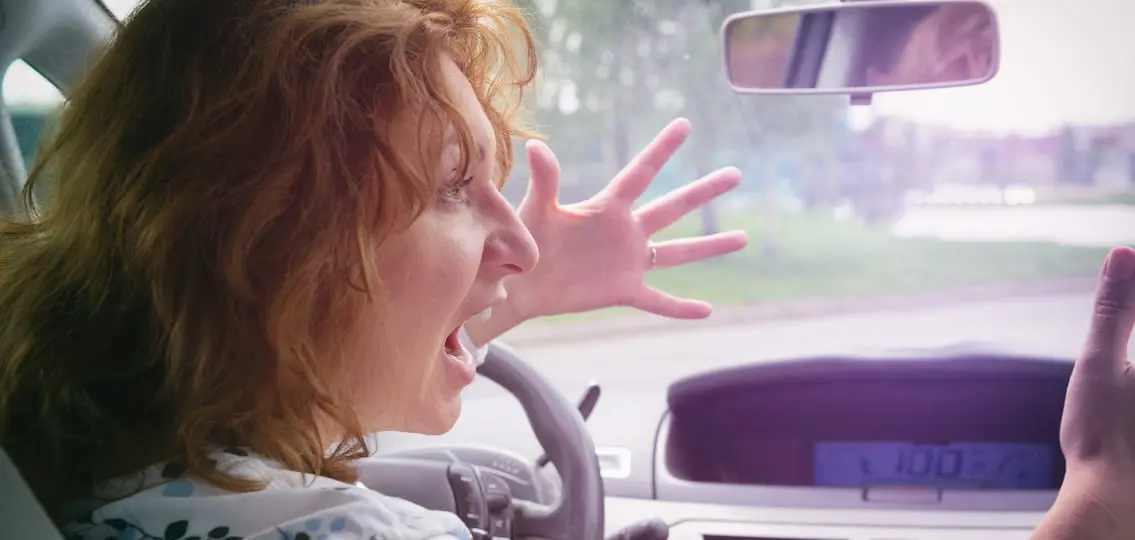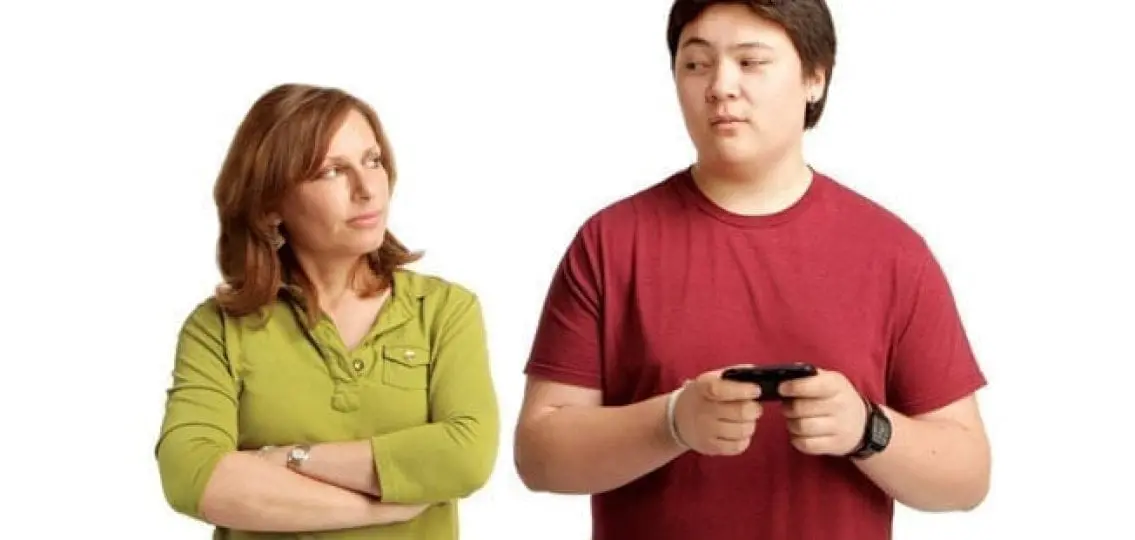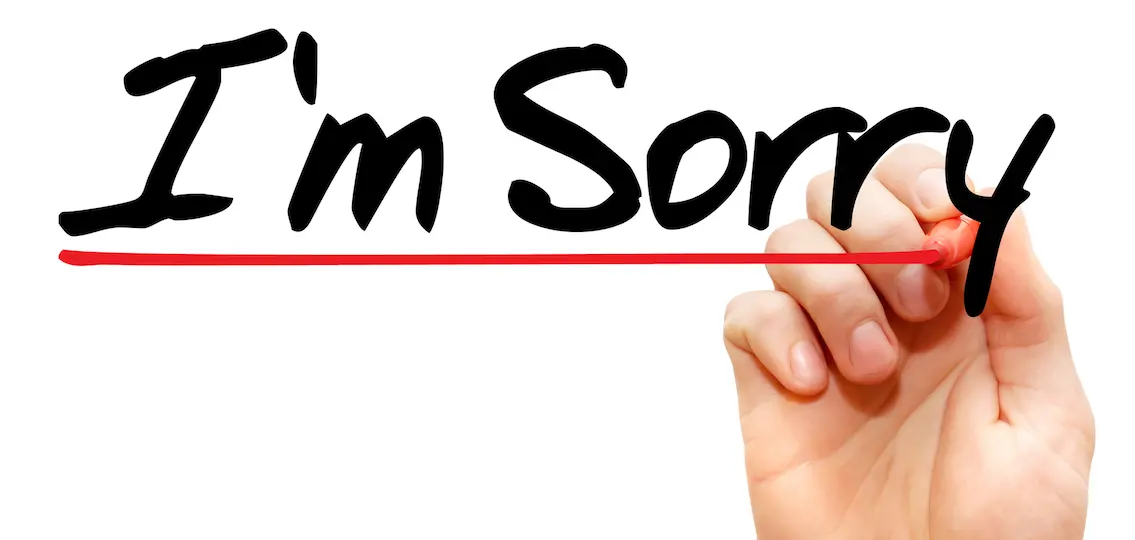Jane’s teenage daughter did not have the best driving history. It took her three times to pass her driving test. And she’d recently acquired three new dents in her car—the origins of which she wasn’t totally sure. So it was only natural that Jane would be nervous—and a little bit controlling and critical—when her daughter slipped into the driver’s seat the other day. A little backseat coaching could only help her daughter, Jane figured.

But after gasping a bit too loudly over what Jane viewed as a particularly sharp right turn, her daughter turned to her and said, “Driving with you stresses me out. You pick on every little thing. And it doesn’t help me drive better.”
Even though the criticisms had come from a place of love and of genuine concern for her daughter’s safety, Jane realized her daughter was right. So she apologized.
Why an Apology is Important
1. Making mistakes is part of life.
By recognizing her daughter’s feelings, Jane ended up teaching a different—and arguably just as important—life lesson: the importance of saying sorry and owning up to your mistakes. “To know that you can make a mistake about something and fix it is one of the most important things you can teach your children,” says Dr. Tamar Chansky, a suburban Philadelphia-based psychologist and author of Freeing Your Child from Anxiety. If you’re always thinking, “My teenager won’t apologize to me,” then maybe it’s a good time to start leading by example. After all, how will your teen know to apologize to you if you’ve never apologized to them?
2. A sincere apology does wonders.
Owning up to one’s mistakes is not an easy task, though—especially for parents. “We think that when we apologize, we lose things like our power and credibility. We think that our children won’t respect us anymore, but it’s actually 180 degrees from that” says Chansky.
Teenagers are truth detectors. They are looking for sincerity. When you level with them, they will actually respect you more. And they, in turn, will feel more comfortable coming to you with their own slip-ups.
3. The right words help us own our mistakes.
When it comes to apologies, words matter. Automatically saying sorry—without any sort of context—can backfire. “Your kids start thinking that ‘sorry’ is a simple do-over button that makes everything go away,” says Dr. Jerry Weichman, an adolescent psychologist and author of the teen survival guide, How to Deal. “But situations don’t really get better unless you really own your mistake, take responsibility for the action, understand how the other person was affected, and apologize.”
Deflecting the blame by saying things like, “I’m sorry, but you really should have been more careful,” only fans the flames. “When you include a ‘but’ in your apology, it signals to the other person that you’re not sincere in your apology,” says Weichman. “They just hear you trying to justify and excuse your behavior, which can result in even more resentment and animosity.”
4. Apologies are a form of empathy.
Saying sorry, at its best, should make the other person feel seen and understood. It can also provide an opening for a great conversation. “You can’t have a comma or a semicolon in your apology. After you finish apologizing, you can say, ‘Can I tell you what was going on with me in that moment?” says Chansky.
Being open and vulnerable about your feelings and thought processes can help your child develop empathy and a larger worldview.
It can spark an intimate moment of connection.

5. Apologies lead to forgiveness.
When you apologize, you are not just teaching your child about the importance of accepting responsibility; you are also teaching about the process of forgiveness. “Ultimately, it does no good to harbor grudges,” says Weichman. “It doesn’t change the situation, it doesn’t change how you feel. It just allows things to fester and grow and make you feel worse. The only way you can shed the bad things that occur in life is to forgive.”
And all of that begins with a good apology.




